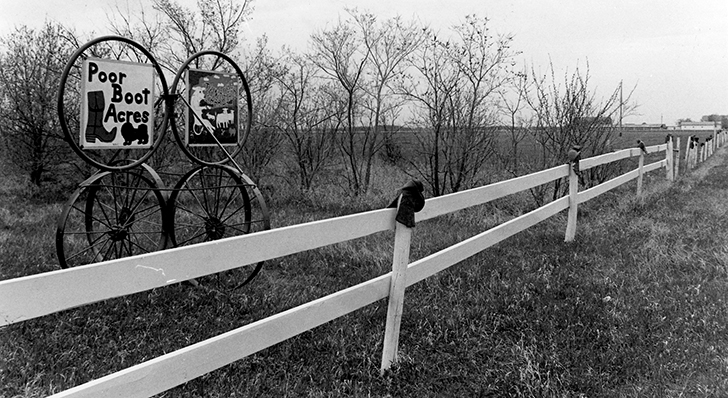The Western Producer takes a weekly look at some of the stories that made headlines in issues of the paper from 75, 50, 25 and 10 years ago.
75 years ago: July 9, 1942
Argentina, Australia, Canada, the United States and the United Kingdom met in Washington, D.C., to begin the process needed to reach an international agreement governing wheat prices. Farmers called on the dominion government to include them when the negotiations got underway.
A two-day conference in Sask-atoon concluded that “legal machinery” needed to be set up with provincial and federal authority to deal effectively with the problem of adjusting all farm debt in relation to agriculture’s ability to pay. The conference was attended by representatives of the three prairie governments, the prairie wheat pools, municipal associations and farmers’ educational organizations.
Read Also

Stacking Canada up on gene editing livestock
Canada may want to gauge how Argentina and other countries have approached gene editing in livestock and what that has meant for local innovation.
50 years ago: July 13, 1967
J.C. McIsaac, Saskatchewan’s municipal affairs minister, proposed changing the costs that railways would be allowed to use when making the case for abandoning rail lines. McIsaac suggested using only the cost of the branch lines instead of the previous practice of including the cost of shipping grain from the local elevator to the export point.
National Farmers Union president Roy Atkinson said grain companies needed to be forced to modernize their operations before requests for increased handling charges were considered.
Atkinson said it was generally agreed as a “rule of thumb” that an elevator needed to turn over its capacity 3 1/2 times a year and have an average storage of 45 to 50 percent of capacity at all times to break even, but this was generally not being accomplished.
25 years: July 9, 1992
The Cairns group, which represented trade oriented nations, appeared to have Canada’s support when it proposed ending supply management, but federal Agriculture Minister Bill McKnight said later that Canada continued to defend its right to retain supply management import controls.
Stuart Thiesson, who retired as executive director of the NFU after 41 years in the farm union movement, said he could not understand why so many people considered it to be a radical organization. “We are being accused of being too far left, whatever the hell that means,” he said.
“But if you boil it right down, we’ve been defending the status quo relative to the Canadian Wheat Board, the Crow, marketing boards. That isn’t very radical.”
10 years ago: July 12, 2007
Bruce Horner, chief executive officer of Great Northern Terminals in Nampa, Alta., was hoping for sweeping changes to how Canadian National Railway did business after the Canadian Transportation Agency ruled that the railway breached its statutory obligations to provide GNT with adequate rail service.
“I think it’s good for farmers and I think it’s good for small grain companies,” he said.
Pulse Canada launched a transportation strategy designed to get on top of the lingering special crops shipping problem that had plagued the industry for years.
“We’ve been talking about it long enough. Now it’s time to act,” said Greg Cherewyk, director of transportation with Pulse Canada.















